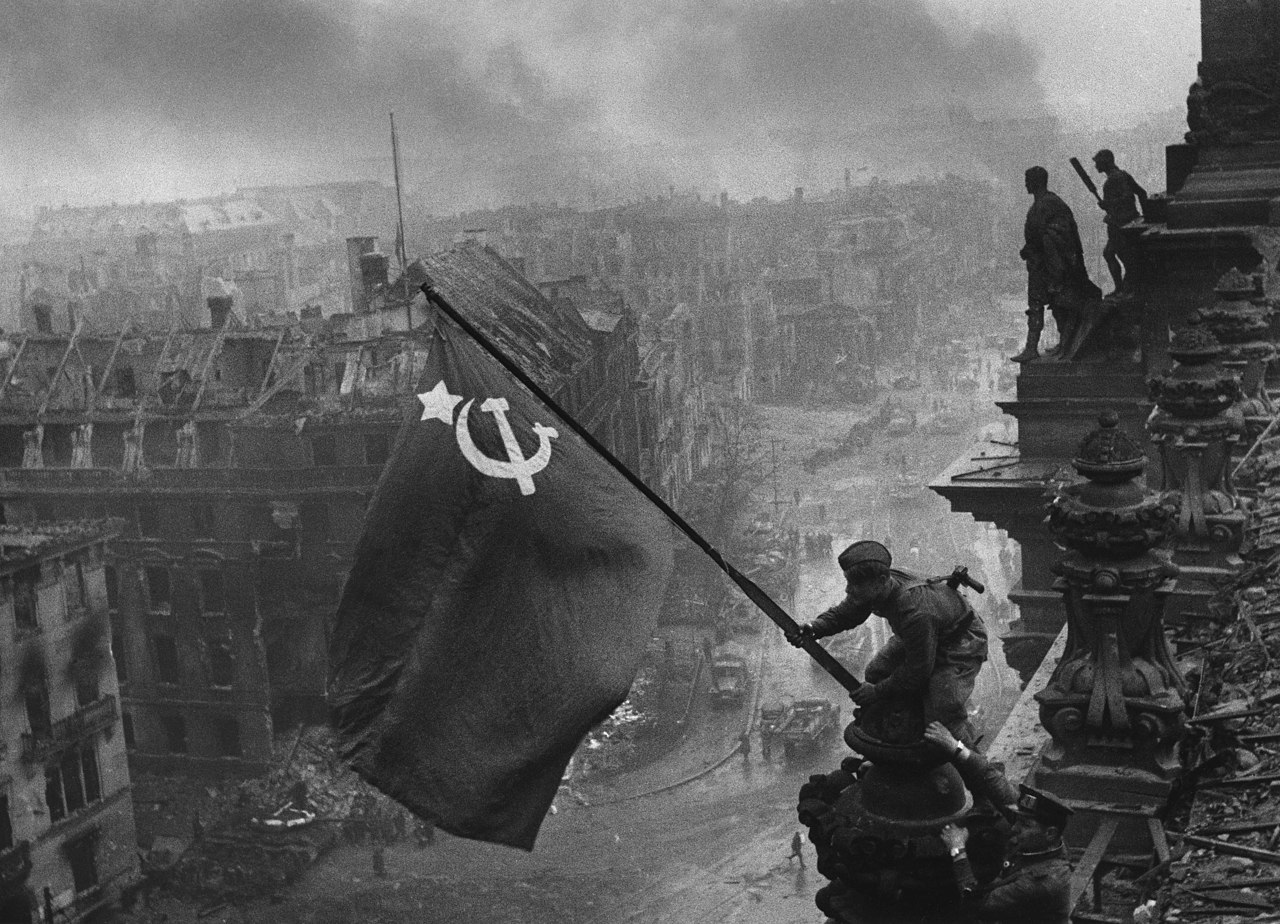For those new to Socialism, the task of removing Capitalism can seem daunting to the point of being impossible. What can an individual do to bring down Capitalism? How can Socialists, a group of ordinary citizens, take control of the state?
It’s true that there’s a large task before us. Governments in the wealthy, Capitalist countries have strong military and legal apparatuses in place. The Capitalist class controls most of the economic life of society. Even the media is staunchly pro capitalism. Yet, those who understand what Marxists call Dialectical Materialism know that such appearances of strength can be misleading; that everything which exists is in an eternal, often imperceptible process of change.
If you add a single grain of sugar to your cup of coffee, will the coffee taste sweet? What if you add a second grain? Of course not! These grains of sugar being added to the cup are what Marxists call quantitative changes.
At some point, if you keep adding grains of sugar to the cup, your perception of its taste will shift from being purely bitter to containing some level of sweetness. This is what we call a qualitative change. It happens suddenly, when one extra grain is added. The accumulation of quantitative change (sugar grains) creates a qualitative change in the taste of the coffee (sweetness.) It’s the straw breaking the camel’s back, causing the manageable load to become unmanageable.
The same applies to our revolutionary struggle. We keep educating people, chipping away at their false beliefs, and converting comrades here and there. For much of the time it feels futile, as though no change in the system is occurring or can ever occur. But the building of class consciousness is also a dialectical process.
At some point, the increasing number of individual workers who are class conscious creates a qualitative change in the working class as a whole. The class becomes conscious of its position and, when the circumstances become right, it strives at once towards its revolutionary purpose. This happens suddenly, unexpectedly to most. As water becomes ice between one degree and the next, so the workers, as a class, go from forbearance to revolutionary potential as one more worker becomes class conscious. All that’s needed at that moment is the opportunity and the sparking event.
Capitalism isn’t a static system, it’s a complex web of economic and social relationships, each of which is constantly evolving. Even the mightiest tower soon topples if you remove its foundation. So ignore the seeming strength of the Capitalist system, comrade, and chip away at its foundation: its workers. Build whatever networks of working class power your conditions allow, and hasten the revolution. It’s our unified working class strength that will sweep Capitalism away, and that may happen sooner than you think.
Image credit: Yevgeny Khaldei, Attribution 4.0 International (CC BY 4.0)





